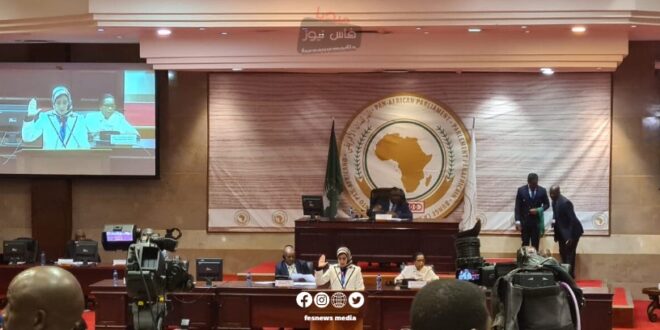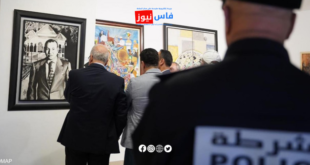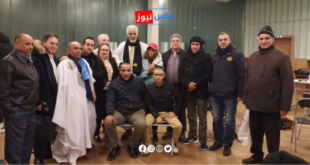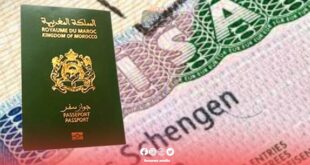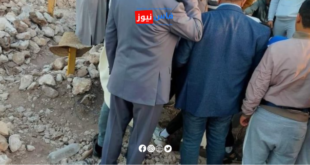The Parliamentary Work Committee on King Mohammed VI’s initiative to facilitate Sahel countries’ access to the Atlantic Ocean held its third meeting as part of the African Parliament’s standing committee sessions. The meeting, which took place from September 13-20 at the African Parliament headquarters in Midrand, South Africa, saw the participation of parliamentary advisor Hanaa Benkhair.
According to a statement from the House of Advisors, the committee continued its work on developing a continental parliamentary action plan to support this historic initiative. The committee comprises African parliamentarians representing Cape Verde, Sierra Leone, Kenya, São Tomé and Príncipe, Namibia, Comoros, and Morocco.
Alongside this meeting, Ms. Benkhair participated in various standing committee sessions addressing current issues, including peace and security in Africa, enhancing child rights protection within the framework of the African Union’s Agenda 2063, governance of natural resources, and improving the resilience of African health systems against future pandemics.
The parliamentary advisor also took part in a workshop on results-based management for all parliamentarians and discussions on draft agreements and model laws.
During the Trade, Customs, and Immigration Affairs Committee meeting, Ms. Benkhair highlighted Morocco’s significant progress in business climate, infrastructure, and communications. She also presented an internal briefing on Morocco’s extensive efforts to successfully host the 2025 Africa Cup of Nations and the 2030 World Cup, which garnered support and admiration from most participants.
This session of the African Parliament is being held under the African Union’s 2024 theme: “Educating Africa fit for the 21st Century: Building resilient education systems for increased access to inclusive, lifelong, quality, and relevant learning in Africa.” The theme aims to address shortcomings in African education systems and encourage African parliamentarians to contribute effectively to improving education across the continent.
The African Parliament, established in 2004 under Article 5 of the Union’s Constitutive Act, serves to ensure full participation of African peoples in the continent’s development and economic integration. It currently holds consultative and budgetary oversight roles within the African Union.
The African Parliament comprises 11 standing committees covering a wide range of areas and meets regularly twice a year.
 فاس نيوز ميديا جريدة الكترونية جهوية تعنى بشؤون و أخبار جهة فاس مكناس – متجددة على مدار الساعة
فاس نيوز ميديا جريدة الكترونية جهوية تعنى بشؤون و أخبار جهة فاس مكناس – متجددة على مدار الساعة

